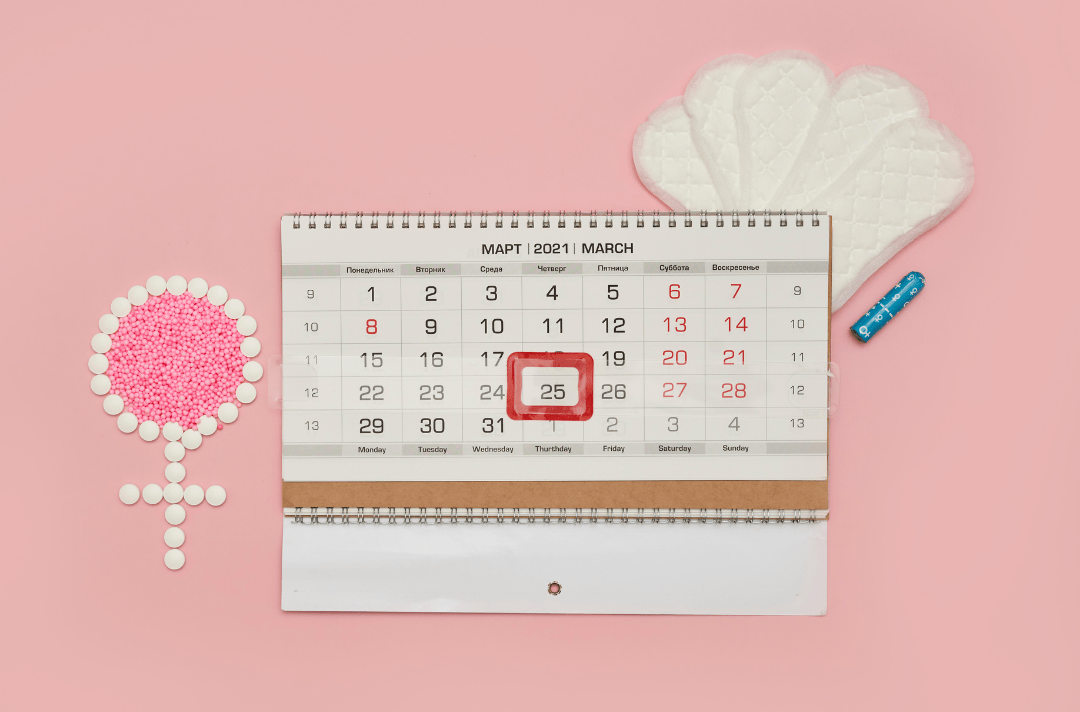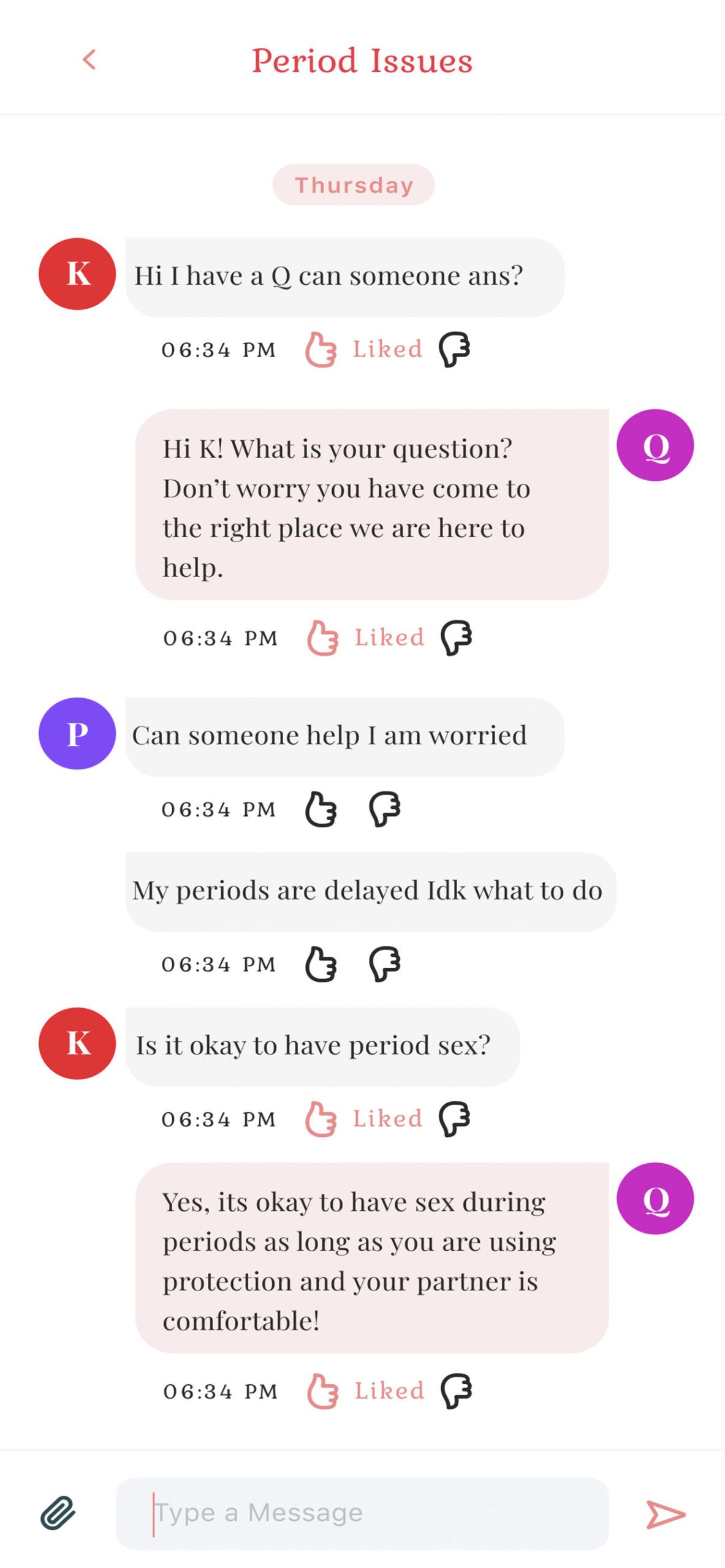Your first period can be a confusing time because of all the bodily changes you may be experiencing. Nervousness after you have started your period is normal. It’s common for people to not talk about their periods or feel like it is something to hide. Instead, you can start by considering a few things:
- learn about contraception
- download a period tracker
- carry a period kit including period products like sanitary pads, tampons, or menstrual cups
These will help you understand more in-depth about periods. Analysing how the process works can help you feel more prepared. Periods are, however, unique depending on each person’s body and functions. There are some signs that can help you know more about your first periods. Once a female has entered the puberty phase, it is easier to assess the possibility of periods. Typically, periods shall begin after a couple of years of experiencing puberty signs which include:
- hair growth under the arms and on the legs, including thicker hair on the legs
- acne appearing on the face or body
- breast development
- a change in body shape, such as a thickening of the hips and thighs
Some menstruators experience spotting or abdominal cramps several days before their first period. First period signs may not necessarily show a red bloody discharge. Period blood could be red brown in colour too. There may also be an increase in acne. However, this does not happen to everyone.1
After your first periods, you should start keeping track of your cycle to help you prepare better for the next time. It also reduces the chance of leaving conditions like Polycystic ovary syndrome (PCOS) or other issues going unnoticed. It is completely normal to skip periods or experience irregular periods for the first few years. Remember to carry sanitary pads, tampons, or a menstrual cup when your period’s cycle is nearing. Don’t worry about the cramps as experiencing cramps during periods is normal. You can try exercising or walking in order to ease those cramps. If you feel that the cramps are becoming uncontrollable, you should visit a healthcare professional and seek their help for medical advice.





